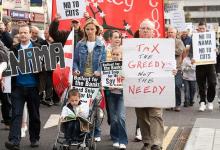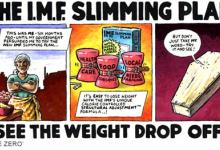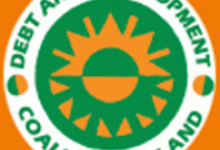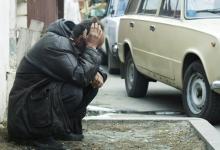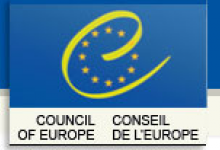Argentine IMF experience holds lessons for Ireland
Ireland in December 2010 shows many analogies with Argentina in December 2001, when it was bailed out by the IMF. This phase of negotiations cost Argentina dearly; riots, deaths, banking collapse and frozen accounts (the notorious "Corralito"). The peso was all but destroyed with 75% depreciation and this lead to the largest sovereign default in the history of modern finance.
[This article is part of the BudgetJam series on Politico. Photograph by Hilary Quinn]

